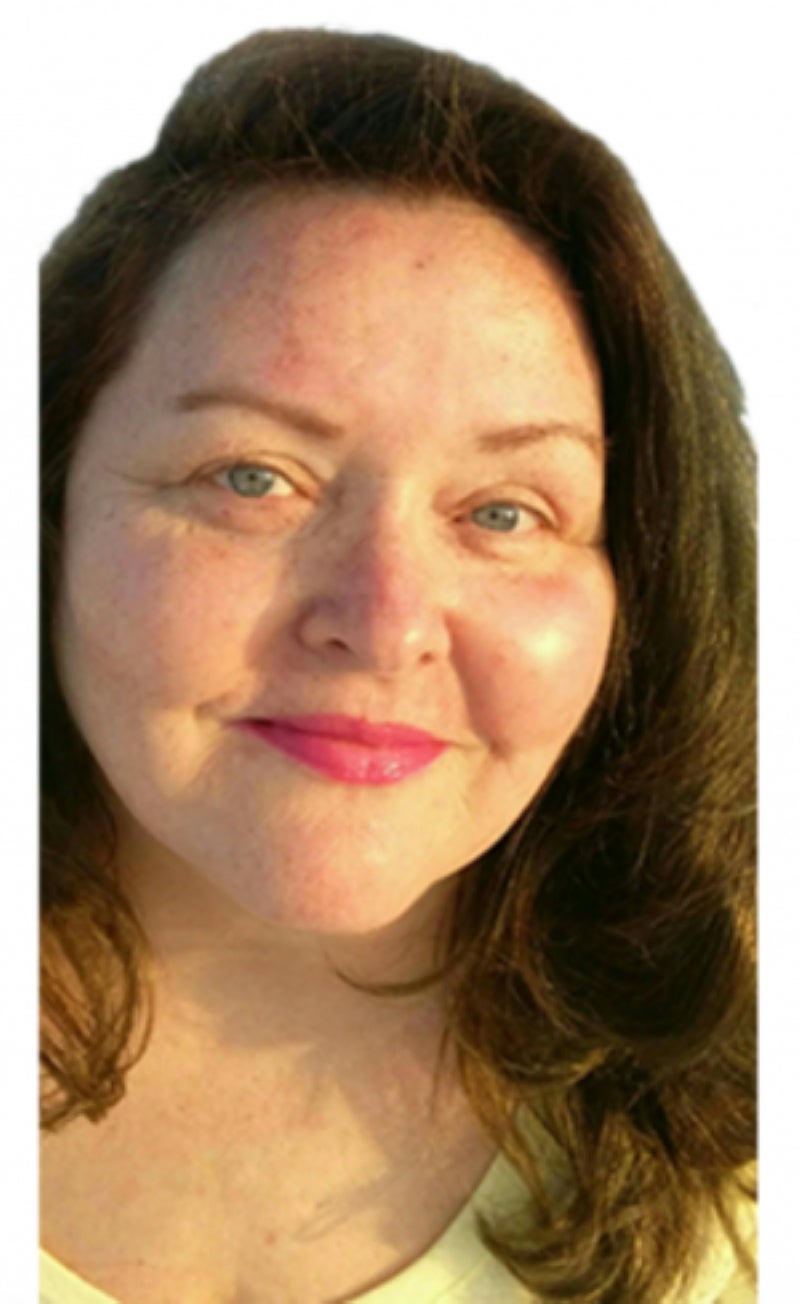Home is where the heart is
Published 11:42 am Saturday, September 30, 2023

- The Rev. Mathews (BA, MDiv, JD) is a faith columnist and the author of Reaching to God and Emerald Coast: The Vendetta. Contact her at Hello@RAMathews.com. Copyright © 2024 R.A. Mathews. All rights reserved.
|
Getting your Trinity Audio player ready...
|
By R.A. Tea Mathews
I knew the minute I stepped off the plane that I had made a terrible mistake. I had just finished ten years of school and knew I was meant to be in a media ministry. Los Angeles had to be the next step.
As soon as I moved forward, I knew I was wrong.
Even so, I couldn’t quit. I had a prestigious job, and I couldn’t just tuck tail and run. Or, at least, I thought that. I wish now that I had talked it over with my family.
I made myself stay a year—the hardest time of my life in terms of self-inflicted pain. At the end of those twelve months, I went home.
I’m not the only one.
The Bible doesn’t come right out and tell you this about a famous prophet, but it’s there—a message hiding in plain sight. I missed it most of my life. Maybe you have, too.
Come along. This will be fun!
Samuel was the last prophet to lead Israel. He was also the adopted son of the prophet Eli, who had led Israel before Samuel was born and thereafter.
One day, God came and stood with young Samuel. I cannot begin to tell you how rare this is in Scripture. Here’s the passage:
“Then the Lord came and stood, and called as at the other times: ‘Samuel! Samuel!’” (1 Samuel 3:10)
The Lord stood and talked to Samuel. It gets no bigger than that!
Unfortunately for Eli, God told the boy that Eli’s time leading Israel was over. Eli had failed to corral his two natural-born sons, who were priests and running amok. (1 Samuel 3:11-18)
God then made sure His people knew that Samuel was His. Here’s the passage:
“Now Samuel grew, and the Lord was with him, and He let none of his words fail. And all Israel from Dan even to Beersheba knew that Samuel was confirmed as a prophet of the Lord.” (1 Samuel 3:19-20)
When Eli and his sons died on the same day, that left Samuel to lead Israel. We don’t know how old the boy was, but he was young.
This is where you need to pay close attention.
“Now Samuel judged Israel all the days of his life. And he used to go annually on a circuit … Then he would make his return to Ramah, because his house was there…” (1 Samuel 7:15-17)
Samuel had lived with Eli in Shiloh where the temple was. So why did Samuel move to Ramah?
Remember that Samuel was adopted. What I haven’t told you is his mother’s story.
Hannah had no children, which had broken her heart. One year, when she was in Shiloh for the yearly worship, Hannah went to the temple and made God a promise: “… give Your bond-servant a son, then I will give him to the Lord all the days of his life…”
Eli saw her weeping and talking to God. Once she explained, Eli blessed her, and Scripture says, “Then (Hannah and her husband) got up early in the morning and worshiped before the Lord, and returned again to their house in Ramah…and she gave birth to a son; and she named him Samuel…” (1 Samuel 1:19-20)
Did you see that?
If not, keep going with me. I’ll make it clear.
Once Hannah weaned the boy, she gave him to God. (1 Samuel 1:1-28)
But Samuel’s mother and father continued to come to Shiloh every year to sacrifice, and his mother always brought him a priestly garment, a linen ephod. Here’s the passage:
“Now Samuel was ministering before the Lord, as a boy wearing a linen ephod. And his mother would make for him a little robe and bring it up to him from year to year when she would come up with her husband to offer the yearly sacrifice. Then Eli would bless Elkanah and his wife … and she conceived and gave birth to three sons and two daughters.” (Samuel 2:18-21)
So, Samuel saw his parents and siblings every year. We don’t know how hard it was for that little boy when his family left.
What we do know is that after Eli died, Samuel left Shiloh. He went to Ramah where his family lived, just as I went home from California.
Samuel wanted to be with them.
It’s okay to be homesick. God meant for home to be where the heart is. But sometimes it isn’t.
Parents make sure your children know they’re loved. And children do the same. Do it now. Say “I love you” in thought, word, and deed.
The Rev. Mathews, BA, MDiv, JD, is a newspaper faith columnist and the author of “Emerald Coast.” Contact her at Hello@RAMathews.com.




